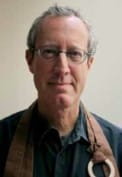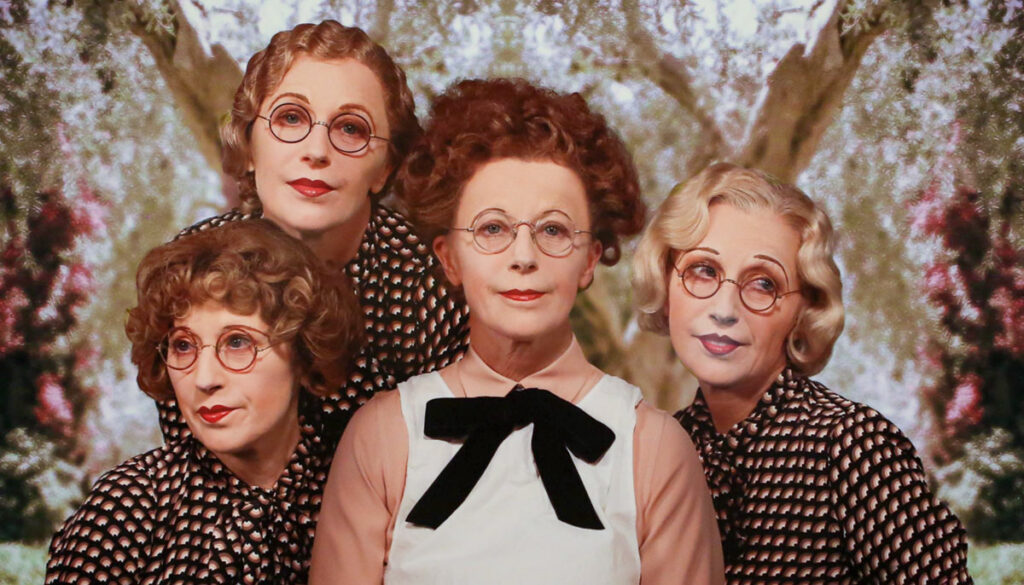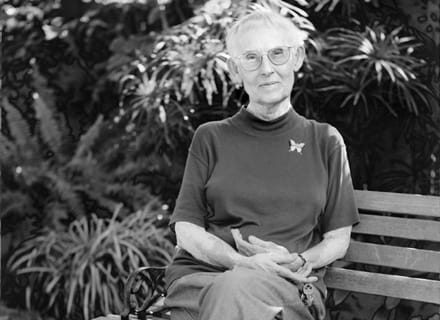Barry Magid, MD, is a psychoanalyst and psychiatrist. He is resident teacher at the Ordinary Mind Zendo in New York City and the author of Ordinary Mind: Exploring the Common Ground of Zen and Psychotherapy (Wisdom Publications).
Barry Magid
Recent Articles
Who Are You, Really?
You don’t have a surface public self and a private inner self, nor do you have one true, unchanging self. What you have, says Barry Magid, is multiple shifting self-states—and they can get along just fine.
Healthy Self or No Self?
Modern psychology encourages us to have a healthy sense of self, but Buddhism teaches that the self doesn’t even exist. Barry Magid says there’s no conflict.
You Can’t Meditate Wrong
Barry Magid says Buddhist practice is like looking in a mirror — there’s no wrong way to do it. The important thing is to be yourself.
Saturday Night at the Raccoon Lodge
Barry Magid grapples with the difficulty of dharma taking root in America as it adopts different cultural rituals.
In Memoriam: Joko Beck
Barry Magid remembers the great pioneer of American Zen, Charlotte Joko Beck, whose influence changed our thoughts on the nature of practice.





